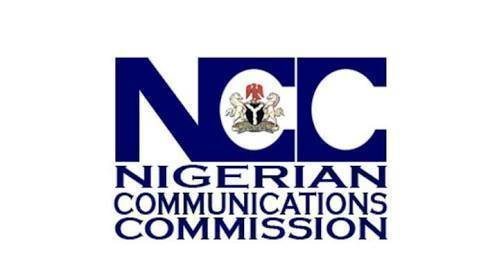More indications have emerged on why the Central Bank of Nigeria (CBN) last month issued a strong worded circular to all money deposit banks (DMBs) to create and appoint new Executive Compliance Officers (ECOs) who must not be below the level of an Executive Director.
The directive also mandated the strengthening of the Office of the Chief Compliance Officer (CCO) of their banks forthwith.
A senior official of one of the new generation banks in an exclusive interview yesterday revealed that “The CBN has observed with dismay the rising cases of breaches in critical regulatory provisions in banking transactions in recent times and decided to place a tactical control over the menace”.
It would be recalled that the CBN directive came exactly within the period Senator Dino Melaye opened up on the way and manner the funds were moved out of the country between 2006 and this year.
The source who pleaded anonymity added that “The rising cases of intractable Non-Performing Loans (NPLs) and situations where some debtors cannot be traced are no longer admissible by the Central bank”.
He said “If we want to tell ourselves the truth, some banks ought to have gone down before now due to NPLs and introduction of Treasury Single Account (TSAs),” saying the bubble of NPLs came almost the same time TSA was hitting the banks. He said if not the CBN worked out a staggered repayment plan for some banks that are still holding on to funds belong to Nigerian Ports Authority (NPA) and other agencies, by now, they would have gone down.
Continuing, he said “Let me tell you; if you really want to look at the MTN issue objectively, you will understand that by and large, some of the involved commercial banks failed in their regulatory compliance and monitoring roles.
“For me, I don’t have anything against MTN because it was loopholes in compliance departments of banks even including the CBN that allowed the transfers ab-inito.
“Again, you may be shocked to know that what may have transpired between MTN in the transfer of that fund has been happening in the banking system for long and the multinational oil companies are the most culprits but their bubble is yet to burst or someone is slipping them under the carpets of compliance monitoring.
It would be recalled that the Central Bank of Nigeria (CBN) had directed all banks in the country to appoint new Executive Compliance Officers (ECOs) who must not be below the level of an Executive Director.
In a circular by the bank posted on its website, in mid-September, the CBN also set a new qualification standard for the Banks in their appointment of people into the position of Chief Compliance Officers (CCOs) in line with its decision to enhance minimum qualification for the position.
According to the circular, the DMBs are required to forward the names of their ECOs and CCO together with their curriculum vitae to the CBN for approval on or before October 10, 2016.
The ECOs are however allowed to combine the responsibility with other functions while CCOs will focus ONLY on compliance matters in the bank, the apex bank added.
A Chief Compliance Officer (CCO) is a corporate official in charge of overseeing and managing compliance to regulatory requirements within an organisation, and that the company and its employees are complying with internal policies and procedures.
CBN said “…DMBs are required to appoint not only a CCO who must not be below the rank of a General Manager regardless of the category of institution but also an Executive Compliance Officer (ECO) who should not be below the rank of an Executive Director.
The circular was issued and signed by the Director, financial policy and regulation department.
The aim is to ensure strict compliance with all extant regulations; particularly those relating to foreign exchange transactions, Financial Action Task Force (FATF).
The circular said the CCO will report to the ECO while ECO will in turn report directory to the Board of Directors, the apex bank said.
The apex bank said clearly that “The CBN will hold the Executive Compliance Officer responsible and accountable for any breach of any extant regulation in the DMBs,” the CBN said, adding: “for avoidance of doubt, the CBN shall suspend/dismiss any ECO and CCO found wanting in the discharge of his/her responsibility.”
Before the circular, most banks in Nigeria have just CCOs who are often appointed not based on special or laid down laws but by the whims and caprices of their board of directors, thus making the appointees to serve as toothless bulldogs.









